In the fast-paced world of B2B marketing, where digital trends evolve quicker than a Google algorithm update, staying ahead of the game is crucial. But let’s be honest, sometimes the digital marketing landscape feels like trying to solve a Rubik’s Cube blindfolded. That’s where Plerdy steps in – your trusted compass in the ever-changing digital marketing maze. The definitive guide to B2B digital marketing tactics is here. Here, we’ll dive into the latest and most effective tactics that will grab your audience’s attention and keep them engaged. So, buckle up and prepare for a journey through the core strategies that will elevate your B2B marketing to new heights, all while leveraging the insights and tools provided by Plerdy.

Understanding Your Target Audience
Understanding your target audience is like uncovering a treasure in B2B digital marketing. It’s the secret sauce to crafting campaigns that resonate and deliver results. But how do you unlock the mysteries of your audience’s desires and needs? Let’s embark on this journey of discovery.
Identifying Buyer Personas
The first step is crafting detailed buyer personas. Think of these as sketches of your ideal customers – what are their job roles, industry challenges, and decision-making factors? For instance, a marketing manager at a tech startup will have different needs and pain points compared to a CEO of a manufacturing company. Authoritative resources like HubSpot offer in-depth guides on creating buyer personas, providing a robust starting point for your strategy.
Leveraging CRM Data
Your CRM is a goldmine of audience insights. It holds clues to customer behaviors, preferences, and past interactions with your brand. Analyzing this data helps refine your marketing strategies, ensuring they are tailored to address specific customer needs. As Salesforce highlights, CRM data analysis can lead to more personalized and effective marketing approaches, enhancing customer engagement and conversion rates.
Understanding your target audience in B2B marketing isn’t just about collecting data; it’s about translating that data into actionable insights. It’s about seeing the world through your customers’ eyes. By carefully identifying buyer personas and leveraging CRM data, you can craft strategies that speak to your audience and resonate with their specific needs and challenges. This is the cornerstone of any successful B2B marketing campaign, setting the stage for deeper engagement and sustained business growth.
Creating a User-Friendly Website for B2B Digital Marketing
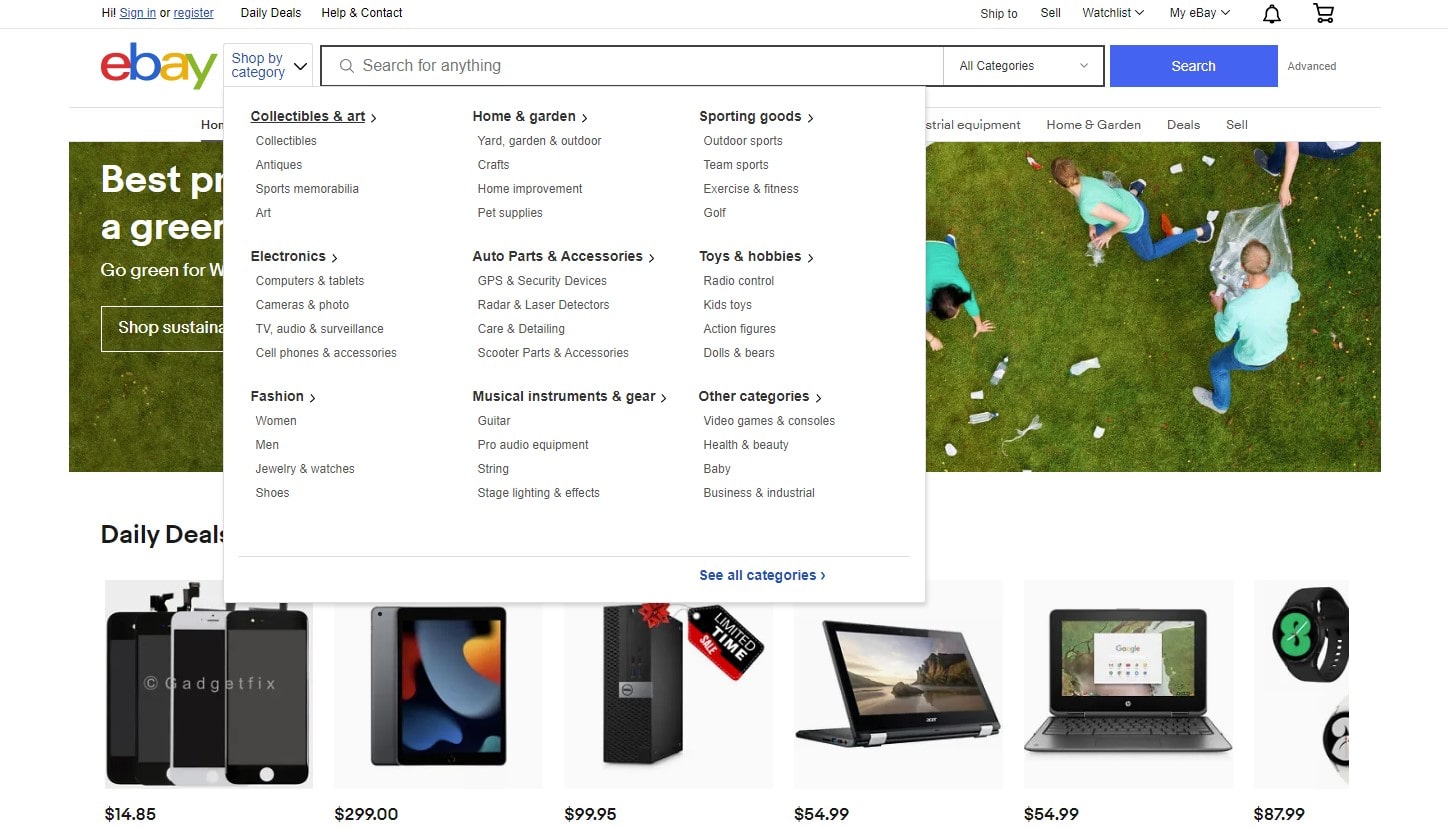
Imagine stepping into a store with cluttered aisles, confusing signs, and no one to help. Frustrating, right? That’s how visitors feel on a poorly designed website. In today’s digital-first world, your website is often the first handshake with potential B2B clients in digital marketing. In B2B digital marketing, ensure your website offers a firm, confident first impression.
Design and Navigation in B2B Digital Marketing
The core of a user-friendly website in B2B digital marketing lies in its design and navigation. A well-structured website in B2B marketing guides visitors effortlessly to the information they seek, much like a well-organized store. This means having a clear, intuitive menu, responsive design, and quick loading times in digital marketing. Google’s guidelines on web design emphasize the importance of simplicity and mobile responsiveness in B2B digital marketing. Your website should look good and function seamlessly across all devices, considering that many B2B decision-makers use mobile devices for business research in digital marketing.
Content Strategy in B2B Marketing
Your B2B digital marketing website’s content is its heart. It’s not just about what you say but how you say it in digital marketing. Effective B2B content addresses your audience’s challenges and offers solutions. Consider incorporating case studies, insightful blog posts, and informative videos into your B2B digital marketing strategy. These elements showcase your expertise in digital marketing and help build trust. The Content Marketing Institute outlines strategies for creating valuable B2B content, emphasizing the need for content that educates and engages in digital marketing rather than sells.
In B2B digital marketing, your website is more than a brochure—it is a dynamic representation of your brand’s story and expertise. By focusing on thoughtful design and strategic content in B2B marketing, you create an online space that’s welcoming and compelling. It’s where potential clients come not just to learn what you do but to understand how you can help solve their problems in digital marketing. In the vast ocean of the internet, make your B2B website a lighthouse in digital marketing that guides and enlightens your audience.
SEO Optimization for B2B Digital Marketing
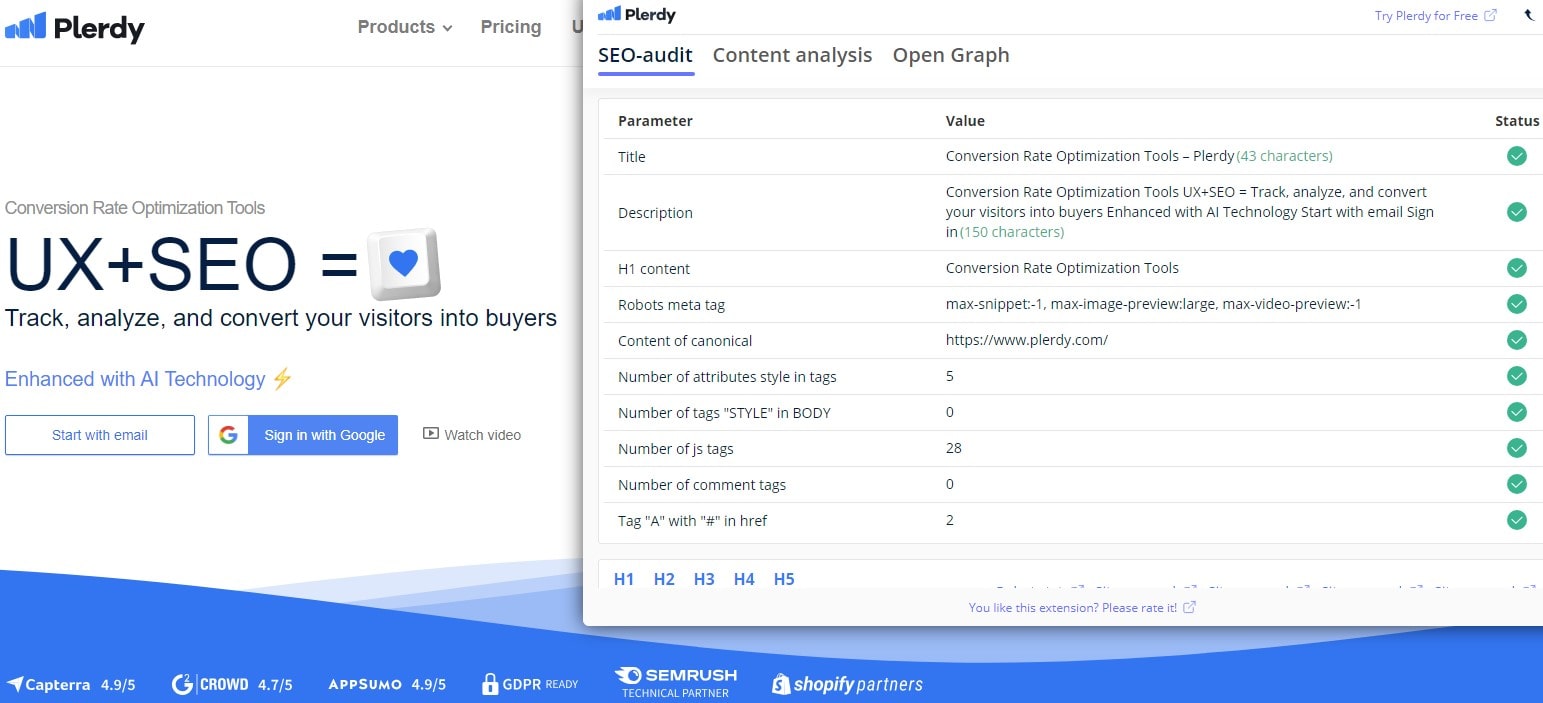
SEO in B2B digital marketing is about being found by the right people at the right time, not merely hiding from Google. In the B2B realm, where sales cycles are longer, and decisions are data-driven, SEO becomes a strategic beacon in digital marketing, guiding potential clients to your digital doorstep in B2B scenarios.
Keyword Research in B2B Digital Marketing
It is not about stuffing your website with random industry jargon but understanding the language your B2B clients use when searching for solutions you offer. Tools like Google’s Keyword Planner provide insight into B2B digital marketing search terms. This research helps tailor your content and SEO strategies in digital marketing to align with the user’s intent, ensuring that your website speaks their language and answers their queries effectively in the B2B domain.
On-Page and Off-Page SEO in Digital Marketing
B2B digital marketing requires on-page SEO to strategically place keywords in titles, headings, and content and optimize your website’s structure and metadata for search engines. Moz offers comprehensive guidelines on on-page SEO best practices in digital marketing. On the other hand, off-page SEO focuses on activities outside your website in digital marketing, like building backlinks from reputable sites, a key strategy in B2B marketing. According to Backlinko, quality backlinks from authoritative sites in your industry can significantly boost your website’s authority and search rankings in B2B digital marketing.
SEO for B2B is a meticulous blend of understanding your audience’s language and ensuring your website communicates effectively with search engines in digital marketing. It’s not about tricking algorithms but building a digital presence that’s authoritative, relevant, and user-centric in B2B digital marketing. With well-researched keywords and a balanced approach to on-page and off-page SEO, your website becomes a powerful tool for attracting the right B2B clientele in digital marketing, turning search engine queries into valuable business conversations.
Content Marketing Strategy

In B2B marketing, content isn’t just king; it’s the ace, the strategist, and the game-changer. It’s about creating a narrative that tells your brand’s story and resonates deeply with your business audience.
Blogging and Thought Leadership
The heart of any content marketing strategy lies in blogging and establishing thought leadership. Your blog isn’t just a place to share news; it’s a platform to showcase your expertise, share insights, and address the pain points of your industry. The Harvard Business Review demonstrates the power of thought leadership in shaping industry conversations. Each blog post should include relevant, intelligent information that displays your brand as a category leader that sets trends.
Case Studies and E-books
Beyond blogging, utilizing formats like case studies and e-books can significantly elevate your content strategy. According to the Content Marketing Institute, these long-form contents are perfect for diving deeper into topics, offering comprehensive solutions, and showcasing your successes. They provide tangible proof of your expertise and the effectiveness of your solutions, building trust and credibility with your B2B audience.
A robust content marketing strategy in the B2B arena is more than just churning out articles and posts. It’s about crafting a narrative that positions your brand as an industry authority, a helpful guide, and a trusted advisor. You can engage, inform, and influence your target audience through blogging, thought leadership, case studies, and e-books, turning your content into a powerful tool for business growth and client engagement.
Email Marketing for Lead Nurturing
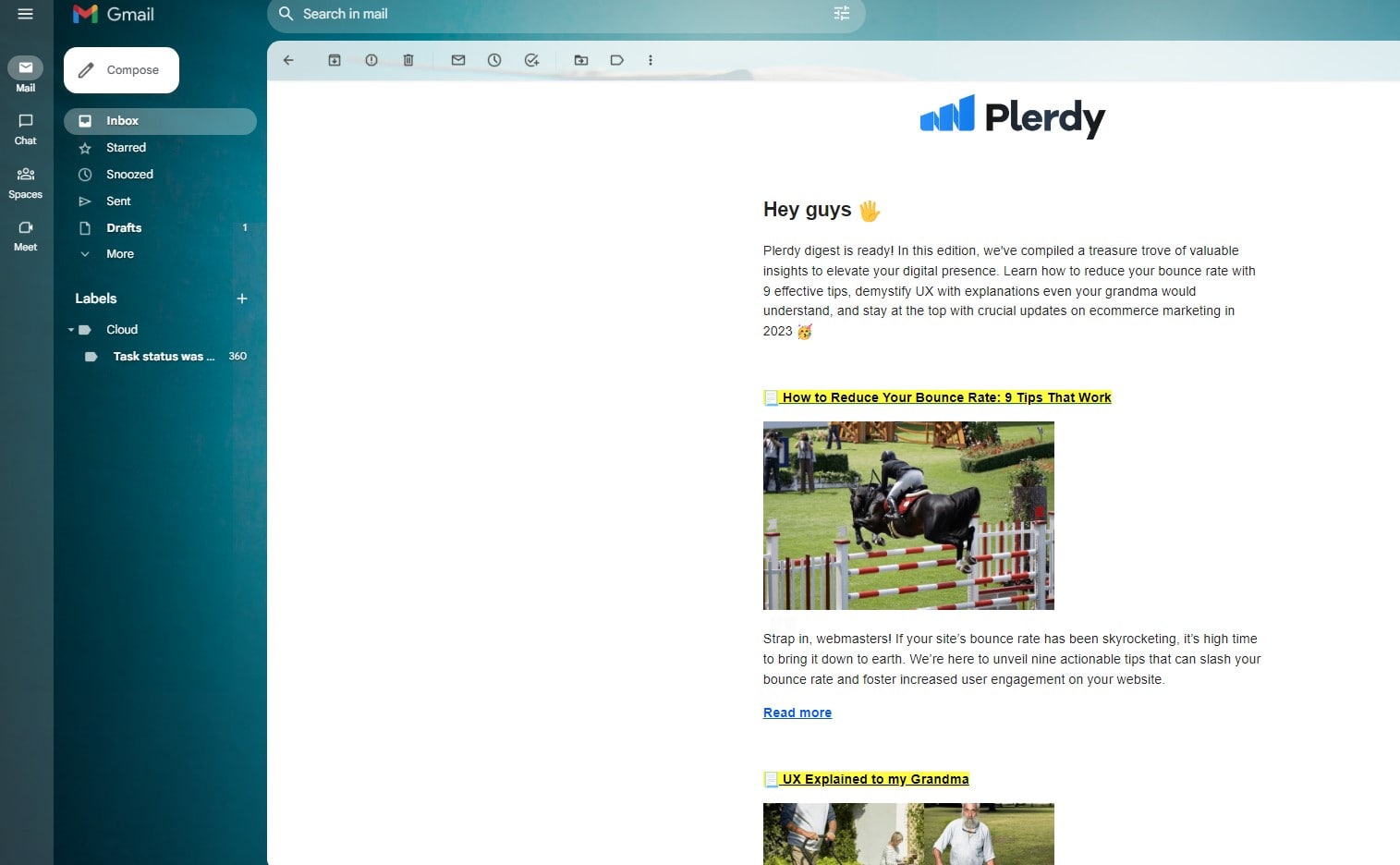
In the B2B world, email marketing is like a seasoned gardener nurturing leads until they become loyal customers. It’s not about bombarding inboxes with sales pitches but cultivating relationships through tailored communication.
Crafting Personalized Emails
Personalization in email marketing goes beyond addressing recipients by their first name. It’s about delivering content that resonates with their needs and stage in the buyer’s journey. This could involve segmenting your audience based on their interests, industry, or interactions with your previous emails. Campaign Monitor found that tailored subject lines increase email opens by 26%. Personalization can range from sharing relevant case studies to suggesting products based on past purchases. The key is to make each recipient feel that the email speaks directly to them and their unique challenges.
Automation and Segmentation
Effective email marketing in the B2B sector also relies heavily on automation and segmentation. Tools like Mailchimp allow marketers to automate email campaigns based on triggers and behaviors, ensuring timely and relevant communication. Segment your email list into smaller, more focused groups to guarantee that your emails are relevant and useful. For example, send different information to new subscribers than long-term clients. As highlighted by HubSpot, segmented email campaigns can lead to a 760% increase in revenue.
Email marketing for B2B is about nurturing relationships at every customer journey stage. It’s a delicate balance of providing valuable information, showing understanding and relevance, and gently guiding leads towards a sale. Email campaigns can turn leads into committed customers and drive sustainable development by focusing on personalization, automation, and segmentation.
Leveraging Social Media Platforms
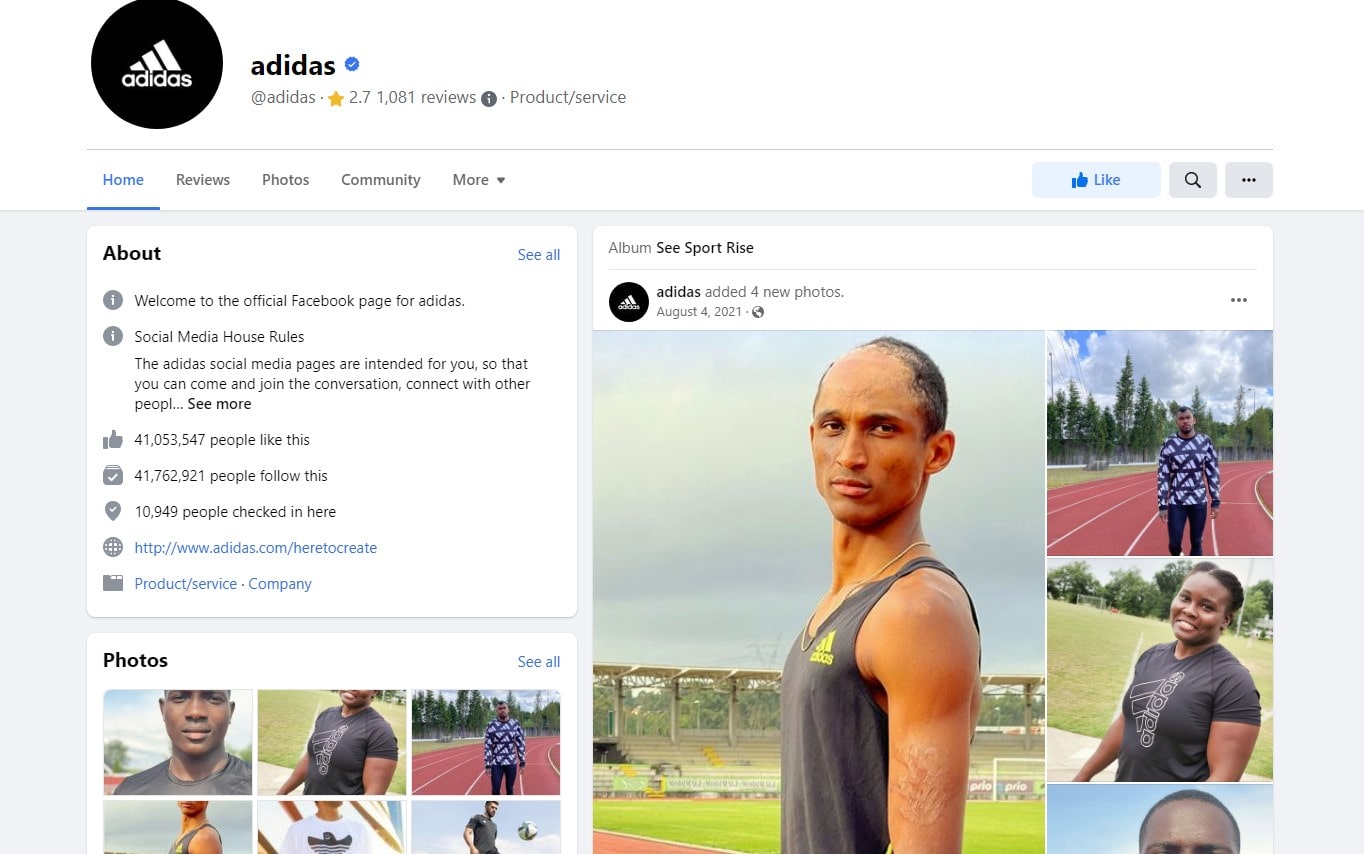
In the digital age, social media for B2B is like the modern-day marketplace – bustling, diverse, and ripe with opportunities for meaningful connections. Not just providing updates but engaging in a way that benefits your audience and boosts your brand’s voice.
Choosing the Right Platforms
In B2B social media marketing, it’s crucial to be where your audience is. LinkedIn, the professional network, is a goldmine for B2B interactions. You’ll find industry leaders, decision-makers, and potential clients engaging in meaningful conversations. A study by LinkedIn shows that 80% of B2B leads come from LinkedIn, making it an essential platform for B2B marketers. However, pay attention to other platforms like Twitter, known for its real-time news and networking opportunities, or even Instagram, which can showcase your company culture and behind-the-scenes content.
Social Media Content Strategy
Post industry insights thought leadership articles, and company news on social media, including Instagram infographics and short videos. Comment, message, and join industry groups or chats to grow your brand. As highlighted by Sprout Social, engagement helps build trust and establish relationships with potential clients. Remember, social media is a two-way street; it’s as much about listening and interacting as it is about broadcasting your message.
B2B marketers may tell their brand’s story, interact, listen, and build relationships on social media by deliberately choosing platforms and providing engaging content. With a thoughtful approach to platform selection and content strategy, social media becomes a powerful tool in your B2B marketing arsenal, connecting you with your audience in ways that matter and drive business growth.
Pay-Per-Click (PPC) Advertising
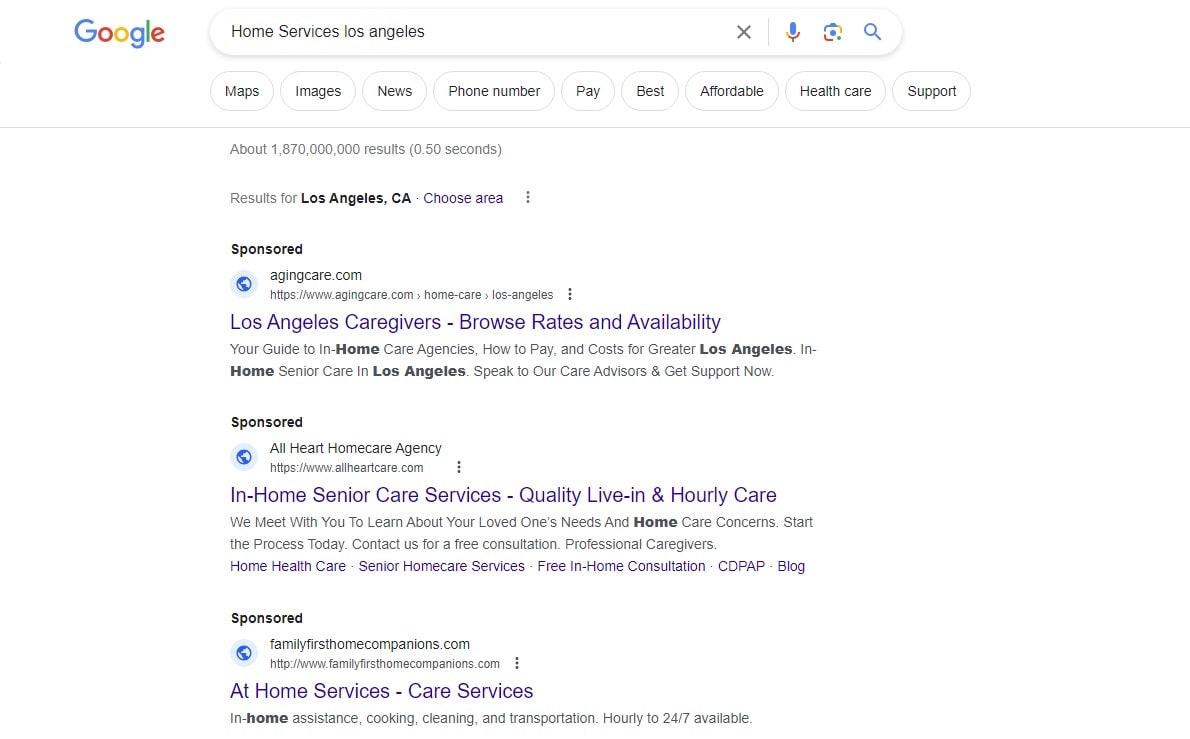
In the fast-paced world of digital marketing, Pay-Per-Click (PPC) advertising is like a Swiss Army knife – versatile, efficient, and, if used correctly, incredibly effective. It’s not just about getting clicks; it’s about ensuring each click is a potential lead.
Campaign Setup
Start with clear goals for a successful PPC campaign. Are you aiming for brand awareness, lead generation, or direct sales? Once your objectives are clear, conduct thorough keyword research. Google’s Keyword Planner helps identify B2B client words. Then, craft your ads. Short and compelling, the ad copy should address your target audience’s needs or problem points. An effective PPC ad isn’t just about being seen; it’s about being seen by the right people. Google Ads provides:
- A comprehensive guide on setting up your campaigns.
- Ensuring you target the right demographics and industries.
- Even specific companies.
Tracking and Optimization
Once your PPC campaign is live, the real work begins. Tracking and optimization are crucial. Use Google Analytics to track ad performance. CTR and conversion rate are important indicators. These will tell you how many people are clicking your ads and, more importantly, how many are taking the desired action. Regularly review and adjust your campaigns. Test different ad copies, landing pages, and call-to-actions (CTAs) to see what resonates best with your audience. WordStream states that continuous optimization can drastically improve the effectiveness and ROI of your PPC campaigns.
PPC advertising in B2B marketing is a powerful tool when used with precision and strategy. It’s about reaching the right audience with the right message at the right time. By meticulously setting up, tracking, and optimizing your campaigns, PPC becomes not just a tactic for driving traffic but a strategic component for generating qualified leads and driving business growth.
Leveraging Influencer Partnerships and Collaborations in Digital Marketing

In the B2B landscape, leveraging influencer partnerships and collaborations in digital marketing is akin to adding a secret ingredient to your marketing recipe. It’s about tapping into the power of established voices in your industry to amplify your brand’s message in digital marketing.
Identifying Industry Influencers in Digital Marketing
The first stage in digital marketing is finding the proper influencers. These individuals have a significant following and command respect and authority in your industry, making them crucial in digital marketing strategies. They’re seen as thought leaders, and their opinions matter to your target audience in digital marketing. Tools like BuzzSumo can help identify influencers based on your industry keywords in digital marketing. Choosing digital marketing influencers with audiences that match your target market and values that match your brand is vital. Remember, digital marketing aims to create genuine partnerships that bring value to both parties.
Building Collaborative Campaigns in Digital Marketing
After finding the ideal influencers for your digital marketing plan, create collaborative campaigns. This involves co-creating content that is mutually beneficial in digital marketing. It could be a series of webinars, joint research reports, or guest blogging on each other’s platforms in digital marketing. The key in digital marketing is to work on projects highlighting the strengths of your brand and the influencer. As highlighted by Forbes, successful influencer collaborations in digital marketing are based on shared goals and authentic connections.
Leveraging influencer collaborations in B2B digital marketing goes beyond riding their coattails. It’s about forging meaningful collaborations in digital marketing that bring a fresh, credible perspective to your brand. When done right, these partnerships in digital marketing can dramatically increase your brand’s reach and credibility, driving meaningful engagement in the B2B space.
Conclusion
In wrapping up, mastering the art of B2B digital marketing is like assembling a complex puzzle. Each piece – from understanding your audience to leveraging influencer partnerships – is vital in creating a cohesive and effective strategy. As you refine these strategies, remember that the digital landscape is ever-evolving. Stay curious, adaptable, and always looking for fresh insights and approaches. Interested in more cutting-edge marketing insights? Dive into the wealth of knowledge on Plerdy’s blog – your next big marketing breakthrough could be just an article away. To elevate your digital marketing strategy, explore how Plerdy’s comprehensive tools can empower your journey toward marketing excellence.
